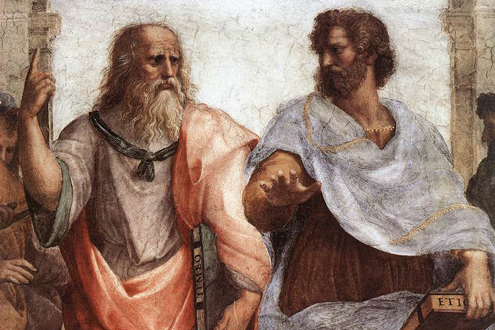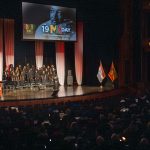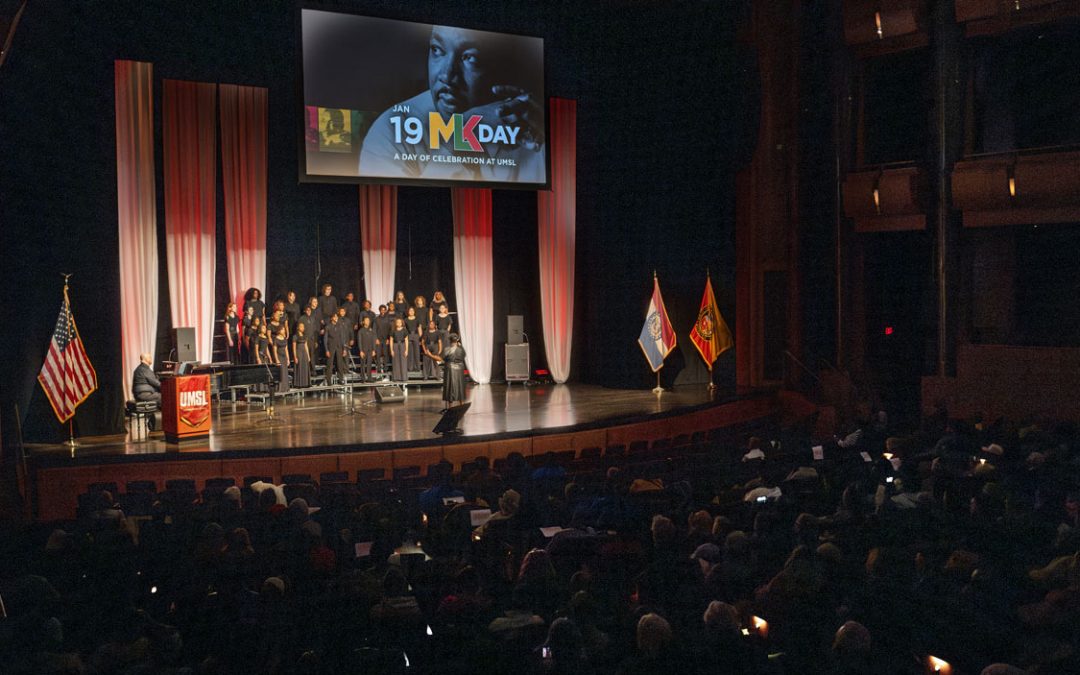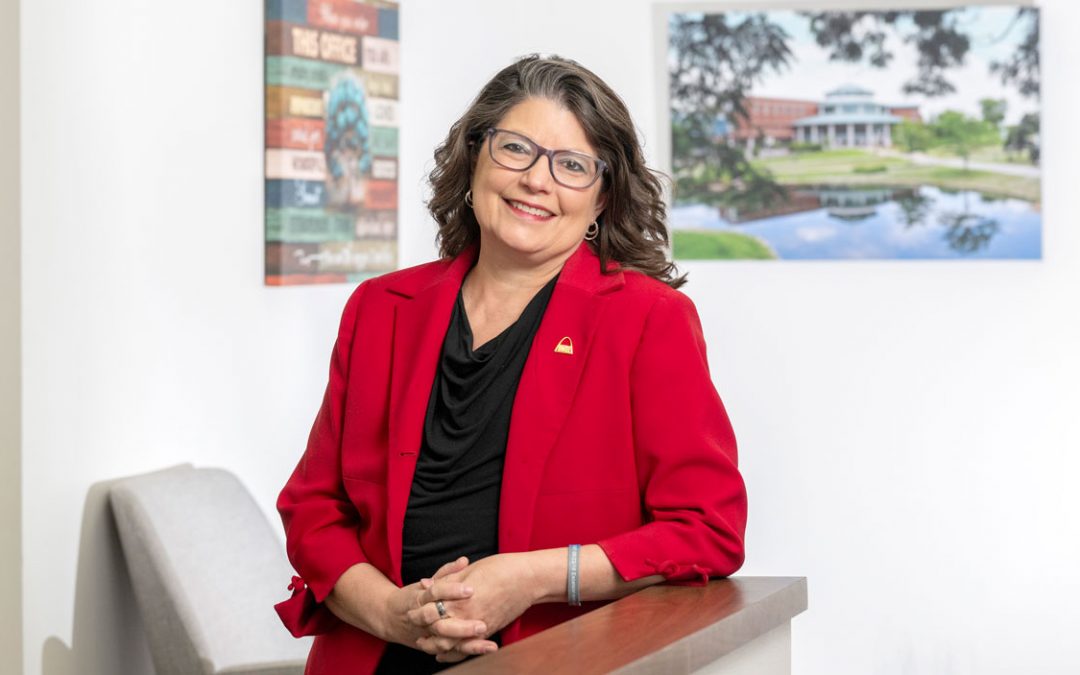
Plato (left) and Aristotle are depicted in the painting "The School of Athens" by Italian Renaissance artist Raphael. The two Greek philosophers held opposing views about the human mind. Athanassios Fokas, chair of Nonlinear Mathematical Science at the University of Cambridge, will explore those viewpoints as they pertain to mathematics in his lecture "Greeks, Mathematics and Neuroscience" on Oct. 1 at UMSL.
In ancient Greece, there were two opposing views about the human mind. Plato thought a person was “tabula inscripta,” born with some innate knowledge. Whereas, Aristotle subscribed to the idea of “tabula rasa,” born without any previous knowledge.
Athanassios Fokas, chair of Nonlinear Mathematical Science at the University of Cambridge in the United Kingdom, will discuss “Greeks, Mathematics and Neuroscience” at 7:40 p.m. Oct. 1 in Century Room A at the Millennium Student Center at the University of Missouri–St. Louis.
The lecture will follow the Annual Report of the Greek Professorship presented by Michael Cosmopoulos, the Hellenic Government-Karakas Family Foundations Endowed Professor of Greek Studies and professor of archaeology at UMSL. A reception will begin at 7 p.m.
In his lecture, Fokas will discuss some of the philosophical theories of the Ancient Greeks about mathematics. Such theories include “bottom up” processes, which are basically innate and “top down” processes, which rely on experience stored in memory.
Fokas holds a PhD in applied mathematics from the California Institute of Technology in Pasadena, Calif., and a master’s degree from the University of Miami in Coral Gables, Fla.
The lecture and annual report is free and open to the public, and is part of the Annual Sam E. Nakis Memorial Lecture in Greek Studies. It was established by the Hellenic Cultural Foundation and the Hellenic Spirit Foundation with the Nakis family and friends to honor the memory of Sam Nakis. The lecture is sponsored by the Hellenic Government-Karakas Family Foundation Professorship in Greek Studies and International Studies and Programs and UMSL.














